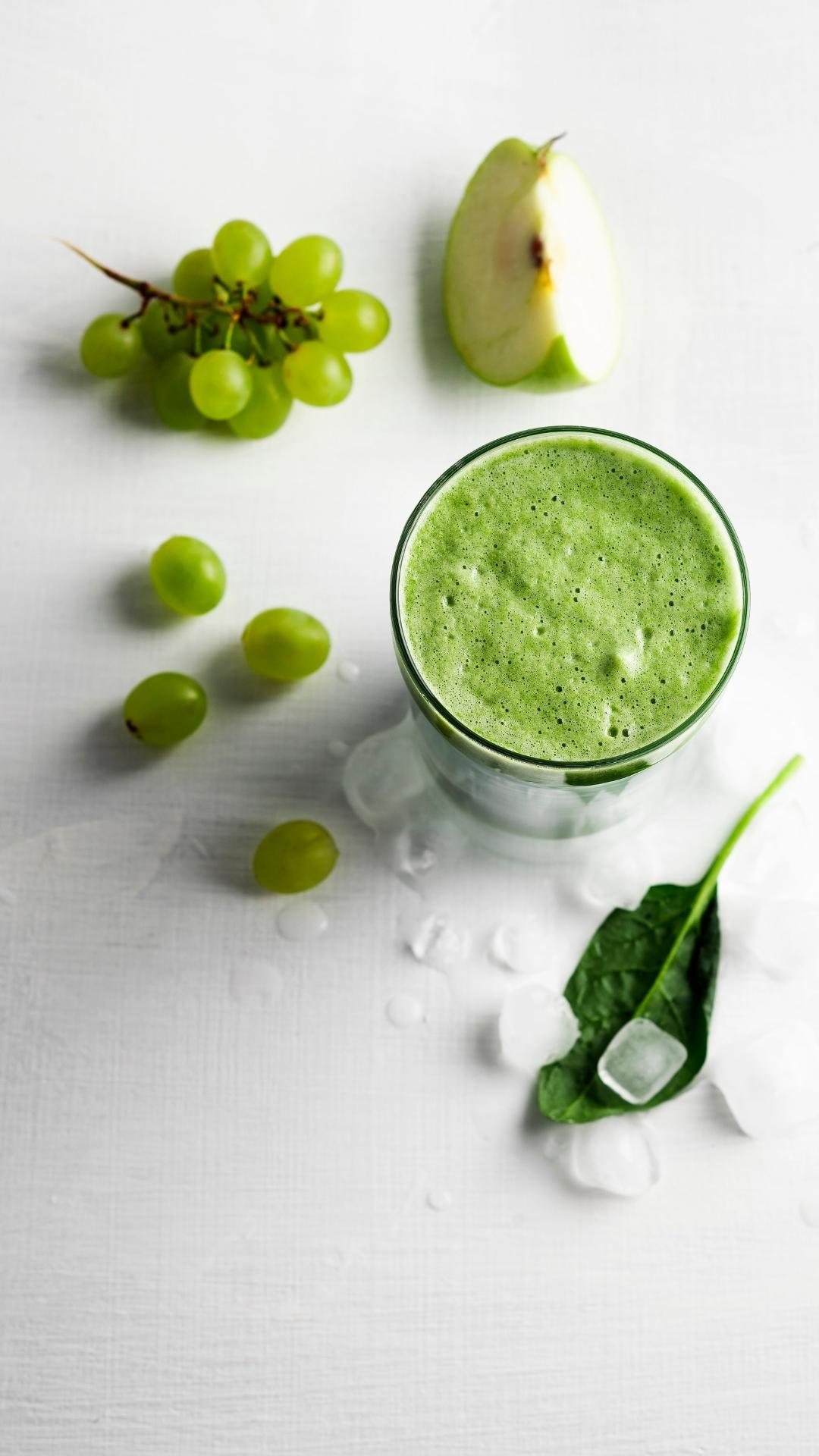
Detox: a seasonal or daily task?
What is detox? How does it work? Does it have a real impact on health and well-being? Should we use health supplements? And what about food in all this?
As spring approaches, one of the most popular health topics is definitely liver detox . But it seems that the more we talk about it, the more a gap is created between two schools of thought. On the one hand there are those who firmly believe that seasonal detox is of capital importance and cannot do without it. On the other, those who are tired of hearing about it and who claim that the body is designed to ensure its own detoxification regularly. Who is right and who is wrong? Let's examine how it happens in our body and in our liver in order to see more clearly.
The detox function of the liver
After the skin, the liver is the second largest organ in the body. Thanks to its impressive size, it ensures blood filtration at a more than rapid rate. In fact, the liver filters no less than 2 liters of blood per minute!
By filtering the blood, the liver eliminates waste that circulates in our body , such as environmental pollution that enters through the respiratory tract, synthetic molecules absorbed by the digestive system, hormone residue following menstruation, microbes and actors of the immune system after an infection, etc. All these molecules, left to their own devices, end up lodging almost everywhere in the body. This intoxication can cause a loss of energy and vitality and can lead to the dysfunction of certain organs . Fortunately, the liver does a fairly effective job of cleaning up. On a good diet, it filters and eliminates almost all toxins every day.
Phase I
The liver works in two stages. During phase I, it captures toxins present in the blood. At this stage, the liver recognizes the toxins that enter it and retains them and then remodels them to make them easier to eliminate.
The faster this phase is, the more toxins will be captured for elimination.
Phase II
During phase II, the toxins will be associated with particular biological molecules which will guide them towards the exit. These molecules are produced by the body thanks to nutrients provided by food and natural supplementation .
Logically, if phase I is fast, phase II must be too. But even if it makes sense, each of their execution speeds is independent of each other, which can pose a problem.
Seasonal detox or let the liver work?
So far, we can pretend that it is the group tired of hearing about detox that wins. If it were that simple, the article would already be over! The body is much more complex. Besides, what happens to the daily detox if the liver is not in good shape? What happens if there is too much waste to dispose of for its capabilities? Well there you have it, the other group wins! Not quite either. If you wait until spring to help your liver, your body risks becoming clogged.
So the real winners of this debate are those who belong to both camps at the same time. Those who take care of their liver and who support its detox function every day , but in addition they do a detox cure if necessary . A bit like a house. We do regular maintenance to keep everything clean and a few times a year, often at the change of season, we do a major cleaning to clean everything thoroughly.
A tired liver
Despite all your good intentions, if you do not pay attention to your liver , it will not be able to properly carry out its filtration work.
Depending on your diet and lifestyle , the liver phases may not function to their full potential.
A phase I that is too slow means that a certain amount of toxins are not captured. So these toxins go back into the bloodstream rather than out and won't do anything beneficial for our health. Ideally, we want a very quick and alert phase I.
If phase II is slower than the first, there will be traffic jams. Unlike a motorist stuck in traffic, toxins don't wait to pass. They sneak in and return to the bloodstream. Phase II must be well synchronized with the rhythm of phase I so that elimination occurs without leaks.
Diet and lifestyle to support the liver
Now that we have established that daily support of the liver is crucial and necessary for its proper functioning , the question is how to do it. It's simple, you just need to adopt a healthy lifestyle and a balanced diet . Here are some ideas...
Eating Bio
Organic food avoids chemical or synthetic components used in conventional agriculture and livestock. These components place an overload on the liver since they must be eliminated. If it is not possible for you to eat exclusively organically, try instead to favor small producers or natural farms, like those offered at La Moisson.
Eating foods with a sour or bitter flavor
These flavors allow better activity in the liver and better bile production and secretion. Bile is essential for the work of the liver. It ensures the transport of toxins solubilized by the liver towards the exit.
Prioritize certain fruits and vegetables
Making an important place on your plate for fruits and vegetables at every meal is always a winner. But since we are talking here specifically about support for the liver, let's go instead with some examples very appreciated by the hepatic organ, namely pineapple, lemon, grapefruit, bitter greens, beets, broccoli sprouts, garlic and turmeric. Don't limit yourself to this list. Variety is always right. Fruits and vegetables from the same family as these will also have an interesting impact on the health of your liver.
Adopt a healthy diet
A balanced and varied diet allows for a sufficient intake of different nutrients and antioxidants while avoiding excess food and processed products. On the one hand, you offer your liver essential nutrients for its work and on the other hand you avoid overloading it with toxins from overly processed foods.
The proteins
Consuming proteins from a variety of sources is essential for detox. Whether plant or animal, each provides crucial amino acids.
Dietary fiber
Consuming enough dietary fiber helps accelerate intestinal transit and thus prevent the reabsorption of toxins by the intestinal mucosa. Nothing worse for the liver than constipation!
Balancing the intestinal microbiota
Your gut microbiota does much more than keep the gut balanced. It also allows the synthesis of several nutrients, some of which are useful for liver detox. In addition, the microbiota facilitates the elimination and slows down the proliferation of pathogenic bacteria which would produce new waste.
Physical exercise
Moving helps accelerate blood circulation, therefore promoting greater movement towards the liver for the filtration of toxins. Also, physical activity increases breathing and sweating, two very effective alternative detox methods. And yes, the liver is not the only one that knows how to eliminate toxins, our respiratory tract and our skin provide important support work.
Before undertaking a liver detox
You wash the dishes, pick up and dust your house every day, but once in a while it can be good to clean more thoroughly. It's the same for your body. Even if you promote your liver health every day, a detox treatment a few times a year could prove more than relevant for you.
If you have a specific health condition or are taking medication, seek the advice of your healthcare professional before undertaking a detox treatment.
Prepare your body for detox
Before you embark on this big clean-up, you need to prepare your body . A one-time detox is no easy feat. Above all, your body must have the energy necessary to properly cleanse itself . Eating raw, living foods is a good way to restore its vitality. Also remember to balance your intestinal microbiota so that it adequately supports your liver. Then, choose a healthy, balanced diet rich in antioxidants. Finally, your main organs of elimination, the intestines and kidneys, must be in tip-top shape. Now is not the time to undertake a detox cure in the midst of constipation!
Choosing the right detox treatment
Once your body is in order and ready for the detox treatment, it's time to get started. There are a host of homemade recipes on the internet and just as many ready-made cures on the market. Each of these options work differently, so you need to find which one will work best for you . To make it easier for you, ask a qualified healthcare professional for advice. Also find out about the possible reactions your body might have so you are not surprised.
It is interesting to know that certain ready-made cures sold in stores have the advantage of containing ingredients which promote intestinal movement , therefore improving elimination.
Your health, your needs
Ultimately, there isn't really a right or wrong answer. Detox is as much a seasonal task as it is a daily one .
Although the human body works pretty much the same for everyone, everyone is completely different. Your daily actions, your diet, your lifestyle mean that your body could benefit more or less from a seasonal detox .
Consider promoting your health and actions that have a positive impact on your well-being on a daily basis . Then, if you feel like it and if you feel the need, establish your own definition of what a detox treatment is and do it. Drink more water for a month. Go to bed an hour earlier every day for a week. Take a break from electronic devices for 4 weekends. Try a detox recipe or a ready-made cure. It's up to you to see what feels good to you, when it feels good to you, and do it.
Remember that it is imperative to consult your doctor or pharmacist before undertaking any liver work. Whether it is a cure or a stimulating diet, certain natural products or foods are not suitable for different health problems or different medications. Don't take a chance with your health, find out first.
